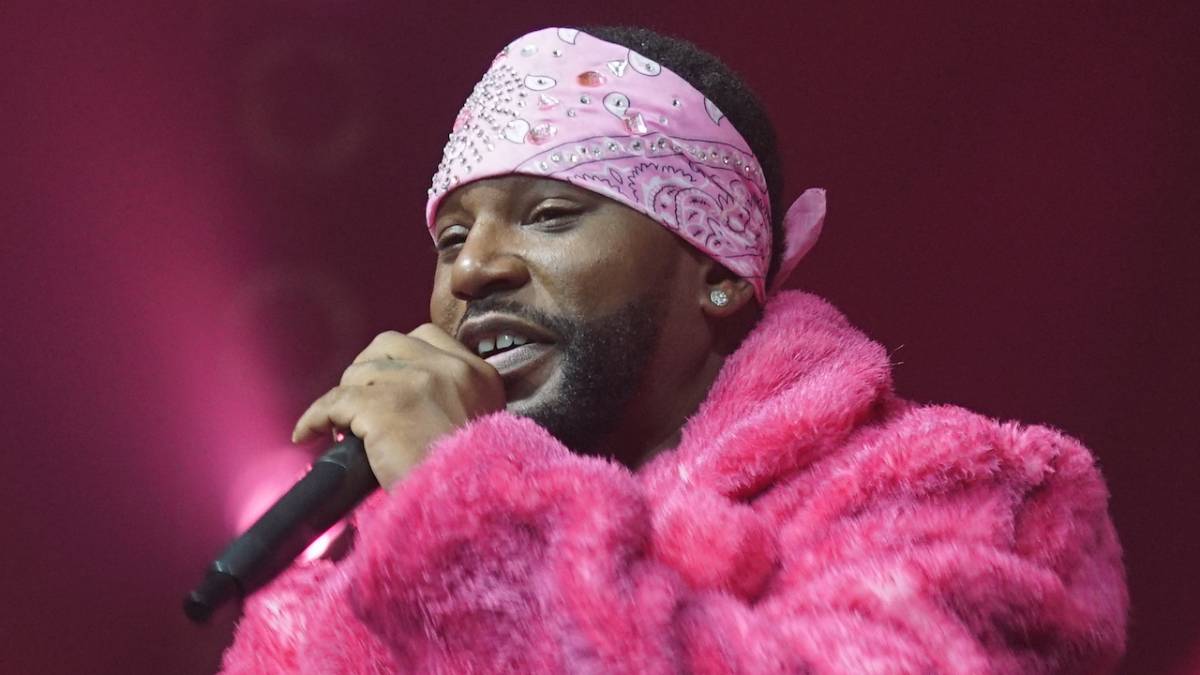Entertainment
Cam’ron Sparks Thoughtful Dialogue on Race and Identity in “It Is What It Is” Season 3 Premier

In a surprising twist during the Season 3 premiere of his sports talk show, “It Is What It Is,” Cam’ron delved into a thought-provoking monologue about race and identity. The rapper took the opportunity to share his personal perspective on race, specifically discussing why he identifies as a “Black American” rather than an “African American.” The conversation unfolded with co-host Ma$e, focusing on race and its intersection with sports fandom.
Cam’ron began by expressing his preference for identifying as “Black” rather than “African American.” He candidly explained his choice, citing the belief that Africans may not fully embrace individuals from the United States, often referring to them as “yankees” when interacting on the continent.
Using the Olympics as an example, Cam’ron highlighted that on the global stage, athletes representing the United States are recognized simply as “American,” without racial qualifiers. This contrasts with domestic scenarios where racial categorization seems more prevalent. Cam’ron passionately asserted his self-identification as a “Black American,” distancing himself from the term “African American.”
Expanding on his preference, Cam’ron stated, “I’d rather fill in ‘Black’ than ‘African American’ because Africans don’t even fck with us. You go over there [Africa], they call us ‘yankees.’ They fck with us, but we’re not from the Motherland. We’re from America. So I’d rather say I’m a Black American.”
As he concluded his monologue, Cam’ron sent a shoutout to “all my n-ggas in Africa,” expressing love while acknowledging a perceived disconnect. According to him, the sentiment in Africa is that individuals from the United States are not considered genuine Africans.
This unfiltered and introspective moment on Cam’ron’s talk show provides a glimpse into the rapper’s personal beliefs, igniting conversations about racial identity and classification. The episode serves as a platform for viewers to reflect on the complexities of racial labels and how individuals choose to define their identity, both domestically and on the world stage. In a genre known for cultural commentary, Cam’ron’s candid monologue adds a layer of social and racial discourse to the ongoing narrative of hip-hop’s influence beyond music
